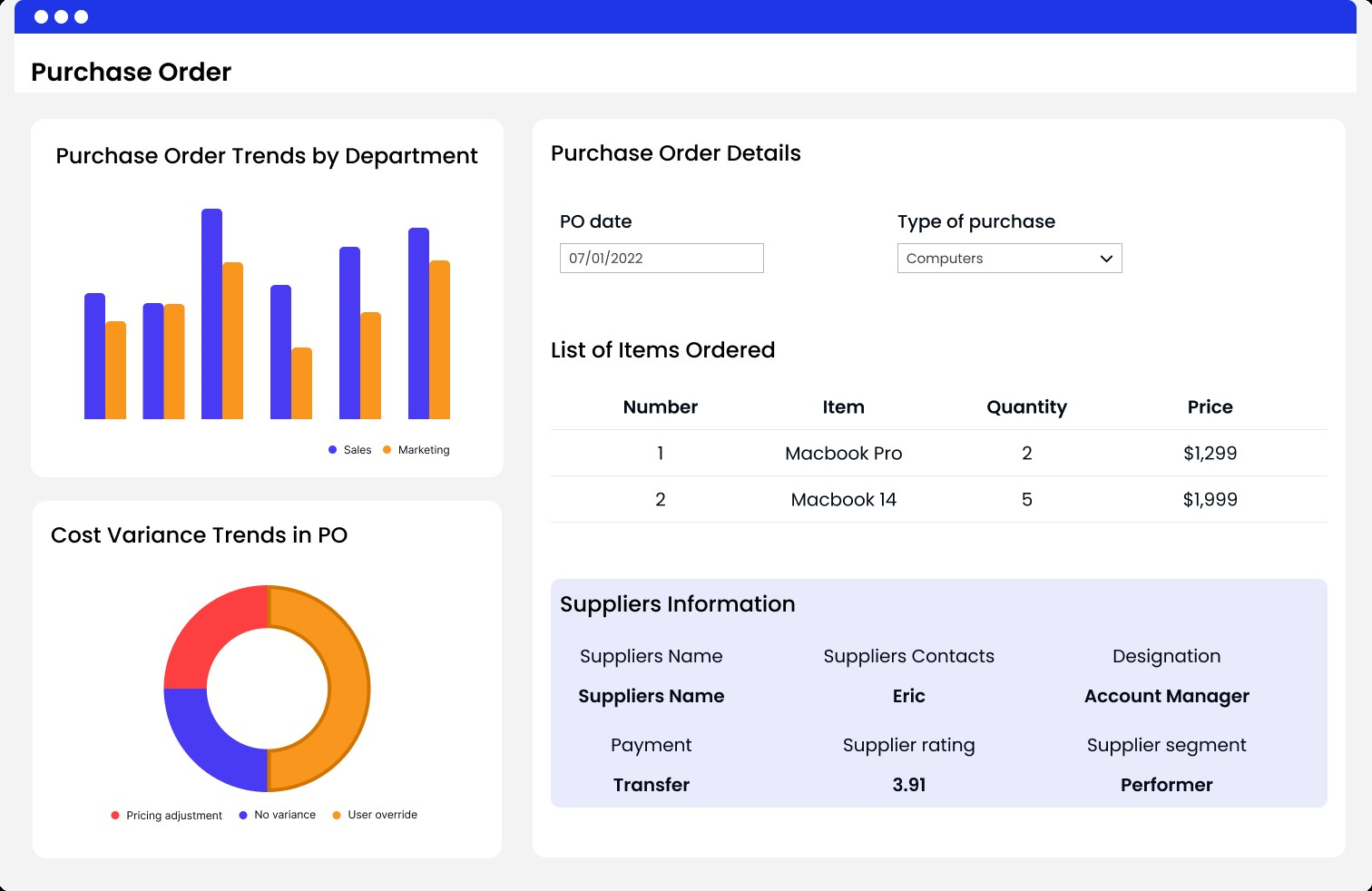Procurement is an essential component of any business, regardless of its size. While large corporations have dedicated procurement teams and ample resources, small businesses often face unique challenges in managing their procurement processes. Engage More Small Businesses Through Procurement. In this blog post, we will discuss how procurement practices can be adapted for small businesses with limited resources.
Understanding Small Business Procurement Challenges
Small businesses typically have fewer financial and human resources at their disposal compared to larger enterprises. This limitation can make procurement more challenging. Here are some of the common challenges faced by small businesses:
- Limited Budget: Small businesses often have limited budgets for procurement, which can restrict their purchasing power and ability to negotiate favorable terms with suppliers.
- Lack of Expertise: Small businesses may lack in-house procurement expertise, leading to difficulties in sourcing the right suppliers, negotiating contracts, and managing vendor relationships effectively.
- Time Constraints: With small teams, employees wear multiple hats, leaving little time for dedicated procurement activities.
- Supplier Diversity: Small businesses may struggle to diversify their supplier base due to limited resources for supplier vetting and evaluation.
Adapting Procurement for Small Businesses
Despite these challenges, small businesses can implement practical strategies to adapt and optimize their procurement practices:
1. Leverage Technology
Investing in procurement software can streamline the procurement process, from supplier selection to purchase orders and invoicing. Many cost-effective solutions are tailored to small businesses, offering features that automate routine tasks and reduce paperwork.
2. Group Purchasing
Small businesses can join group purchasing organizations or cooperatives to benefit from collective buying power. This allows them to access discounts and better terms with suppliers that would be unattainable individually.
3. Prioritize Key Suppliers
Identify key suppliers that are critical to your business's success and establish strong, long-term relationships with them. Focusing resources on these strategic relationships can lead to more favorable terms and enhanced service.
4. Strategic Sourcing
Conduct strategic sourcing to identify cost-effective suppliers. This process involves evaluating potential suppliers, comparing their offerings, and negotiating pricing and contract terms. Small businesses can also explore local sourcing options for cost savings.
5. Employee Training
Provide basic procurement training to your employees or designate someone within the team to oversee procurement. With knowledge and skills, your team can make more informed decisions and negotiate effectively.
6. Lean Inventory Management
Minimize inventory levels to reduce carrying costs. Adopt just-in-time inventory practices to ensure that you have the necessary stock on hand without overstocking.
7. Vendor Consolidation
Reduce the number of suppliers by consolidating purchases. Fewer suppliers mean fewer relationships to manage, which can save time and resources.
8. Outsourcing Procurement
Consider outsourcing some or all of your procurement functions to third-party procurement specialists or consultants. This can provide expertise and scalability without the need for additional in-house resources.
⭐Cost-Effective Procurement with Yeeflow⭐

Small businesses can benefit from Yeeflow's cost-effective procurement features. The platform's affordability and scalability make it an ideal choice for businesses with limited budgets. Yeeflow's user-friendly interface allows small teams to handle procurement efficiently, even with limited resources. Sign Up Now to try all of Yeeflow features free for 30 days.
Conclusion
Small businesses may have limited resources, but they can still implement effective procurement practices to optimize their purchasing processes. Adapting procurement strategies to the specific needs and constraints of a small business can lead to cost savings, improved supplier relationships, and enhanced efficiency.
By leveraging technology, exploring strategic sourcing, and prioritizing key supplier relationships, small businesses can successfully navigate the world of procurement, making the most of their limited resources.




